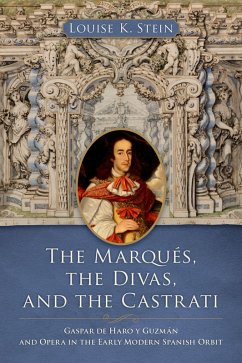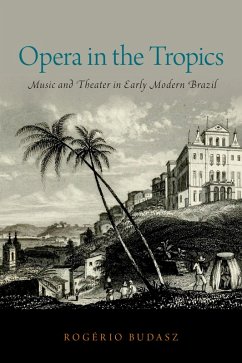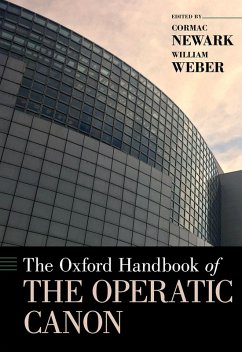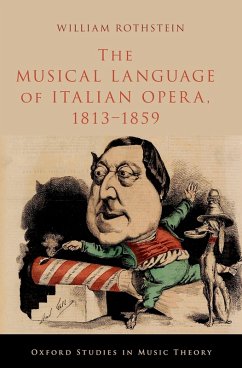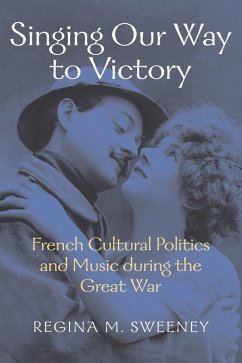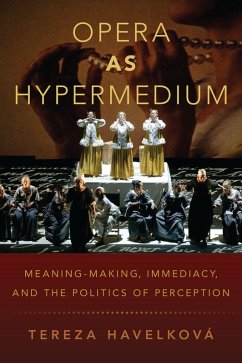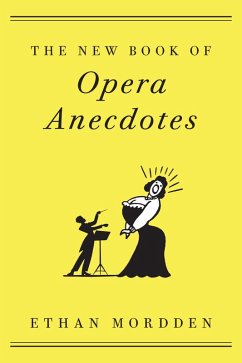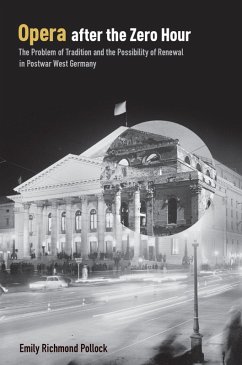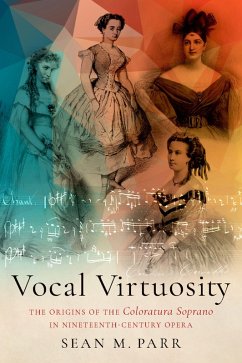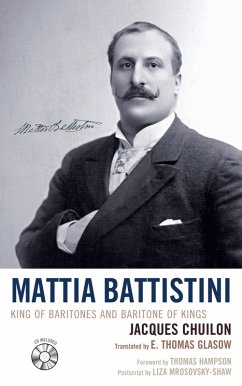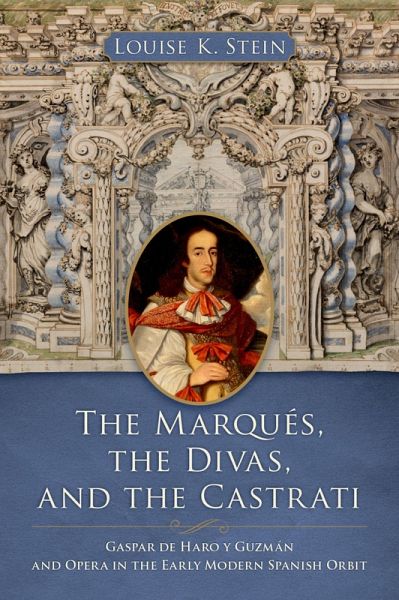
The Marqués, the Divas, and the Castrati (eBook, ePUB)
Gaspar de Haro y Guzmán and Opera in the Early Modern Spanish Orbit
Versandkostenfrei!
Sofort per Download lieferbar
59,95 €
inkl. MwSt.
Weitere Ausgaben:

PAYBACK Punkte
30 °P sammeln!
This is an open access title available under the terms of a CC BY-NC-ND 4.0 International licence. It is free to read on the Oxford Academic platform and offered as a free PDF download from OUP and selected open access locations. During a crucial period in opera's development as a genre and as a business, the flamboyantly libertine Spanish aristocrat Gaspar de Haro y Guzmán (1629-87), Marqués de Heliche and del Carpio, influenced operatic practices and productions for both Italian and Hispanic operas. A voracious collector of books and antiquities and famed connoisseur of visual art, the mar...
This is an open access title available under the terms of a CC BY-NC-ND 4.0 International licence. It is free to read on the Oxford Academic platform and offered as a free PDF download from OUP and selected open access locations. During a crucial period in opera's development as a genre and as a business, the flamboyantly libertine Spanish aristocrat Gaspar de Haro y Guzmán (1629-87), Marqués de Heliche and del Carpio, influenced operatic practices and productions for both Italian and Hispanic operas. A voracious collector of books and antiquities and famed connoisseur of visual art, the marqués financed operas in both Spain and Italy and further shaped them through his ideas, energy, and politics. His legacy also brought forth the first operas of the Americas, as posthumous revivals of the operatic genres he nurtured appeared in the Americas less than fifteen years after his death. In this book, author Louise K. Stein follows the trajectory of this first operatic producer to have shaped opera in two different worldsEurope and the Americasand in doing so, advances our musical and historical understanding of seventeenth- and early eighteenth-century opera and cultural encounter. Each chapter focuses on different productions spearheaded by the Marqués in Madrid, Rome, and Naples during his lifetime, with the final chapter considering how his influence continued in operatic productions in Lima, Mexico City, and other regions of New Spain after his death. Alongside this portrait of the distinguish patron of the arts, Stein shows how conventions of musical dramaturgy for both private and commercial opera were developed within a consistent politics of production across the far-flung administrative centers of the Spanish empire in the years 1650-1730. She reveals the place of opera within the siglo de oro (Golden Age) of Hispanic theatre and delves deeply into how the Marqués became the principal patron of Alessandro Scarlatti in Italy after his time in Rome, sparking a reliable production system for Italian opera in Naples. Stein also addresses gendered performancehow beliefs about female fertility conditioned listeners and shaped the operatic genreand advances the concept of the "womanly voice" in the first extant Hispanic operas, the Italian operas produced in Naples between 1683 and 1687, and the first operas of the Americas from 1701 to 1730.
Dieser Download kann aus rechtlichen Gründen nur mit Rechnungsadresse in A, B, BG, CY, CZ, D, DK, EW, E, FIN, F, GR, HR, H, IRL, I, LT, L, LR, M, NL, PL, P, R, S, SLO, SK ausgeliefert werden.




